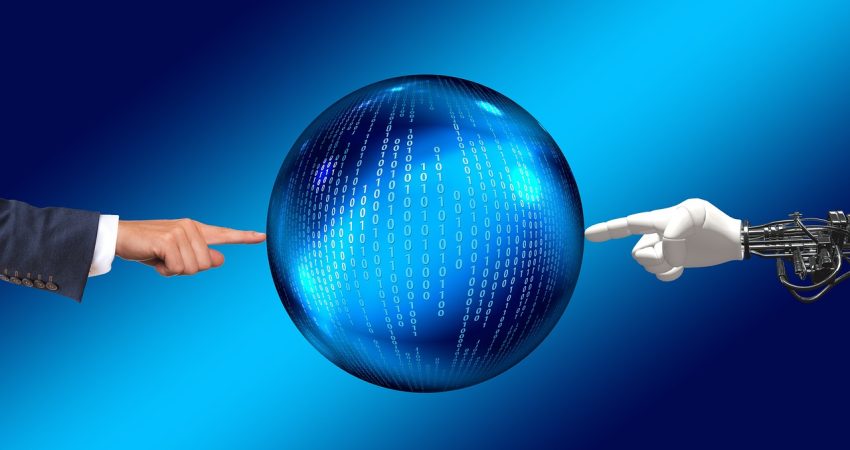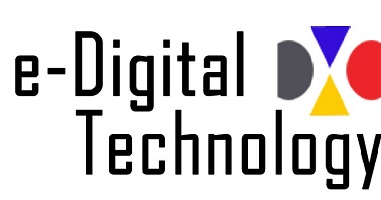
The world of therapy is transforming thanks to technology, not only through the use of apps or telehealth, but via the growth of what we see in science fiction. We now see advanced systems that can recognize, interpret and respond to human emotion. These machines are powered by artificial intelligence (AI), natural language processing (NLP), and affective computing and they are leaving the pages of science fiction for the real world. As mental health issues grow around the globe, these innovations may prove to be very valuable in making therapy more accessible, personalized, and continuous.
Understanding Emotionally Intelligent Machines
Emotionally smart machines are AI-based systems that we have designed to recognize and react to human feelings as they happen. They study speech patterns, facial expressions, tone, body language, and, at times, physical telltales like heart rate. Using this information, the machines try to determine emotional states, and in turn, they tailor their responses to show empathy and understanding.
Unlike what we see in traditional chatbots, which is a transaction at hand, these systems are in it for the long-term interaction; they pay as much attention to the emotion behind the words as to the words themselves. Also, they adapt their response to comfort, encourage, or gently push out of their comfort zone, much like a human therapist would do.
Expanding Access to Mental Health Support
One of the best cases for including emotional intelligence in machines that enter the field of therapy is that they may be scaled, which in turn will increase access to care. We have a worldwide shortfall of mental health professionals at the same time that demand for services has gone up post-pandemic; technology, in this case, is that which may help to fill that gap.
AI tools such as Woebot and Wysa present CBT-based interventions, which in turn help users with stress, anxiety, and depression. They don’t take the place of therapists but do so as a first point of contact or an addition to what a person may be using, which also includes therapists. Also they offer the benefit of 24/7 support, anonymity, and to which is associated reduced stigma.
Personalization and Real-Time Feedback
Emotionally smart machines provide very personal experiences. As they grow from each interaction, they adapt to an individual’s emotional profile and communication style. Which in turn they use to put together tailored interventions, put forth suggestions for coping mechanisms, or refer out to professional help when required.
Also in that they do not experience fatigue or bias, which in turn allows for consistent support over time. They are also able to notice subtle emotional changes that humans may miss, thus enabling early intervention and more proactive mental health care.
Ethical and Human-Centered Concerns
Despite their promise, emotional intelligence in machines brings up ethical issues. Do machines really understand human emotion, or are they just playing it out? What does the data that users share in very vulnerable times reveal? Trust, transparency, and data privacy issues must be addressed.
Also, human therapists bring to the table cultural sensitivity, lived experience, and in-depth judgment, which machines do not yet do well at. Into this we have Emotional Intelligent AI that should support, not supplant human professionals, which will be the tools that improve the reach and efficiency of therapy.
A Future of Hybrid Therapy Models
As the emotional intelligence of machines grows, the future of therapy may see in to hybrid models. Patients will see therapists using AI, which will in between session times track progress, also at times when human contact is not present, will have continuous support. In this to come world, emotionally intelligent machines will not take the place of the human element, they will augment it.


